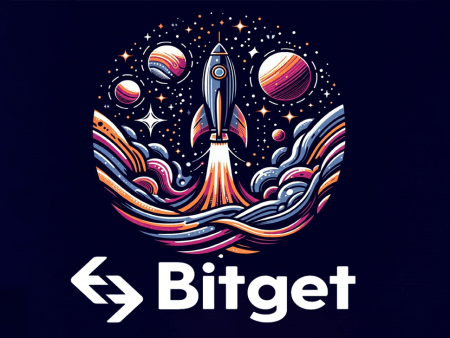Unauthorized access is a major concern in today’s digital world. In addition to the theft of personal information, digital assets are also the target of attacks.
In the cryptocurrency market, where transactions take place online and assets are of high value, the risk of unauthorized access is even more serious. To protect your assets, it’s essential to understand unauthorized access and preventive measures. Let’s follow the AZCoin article to learn more.
What is unauthorized access?
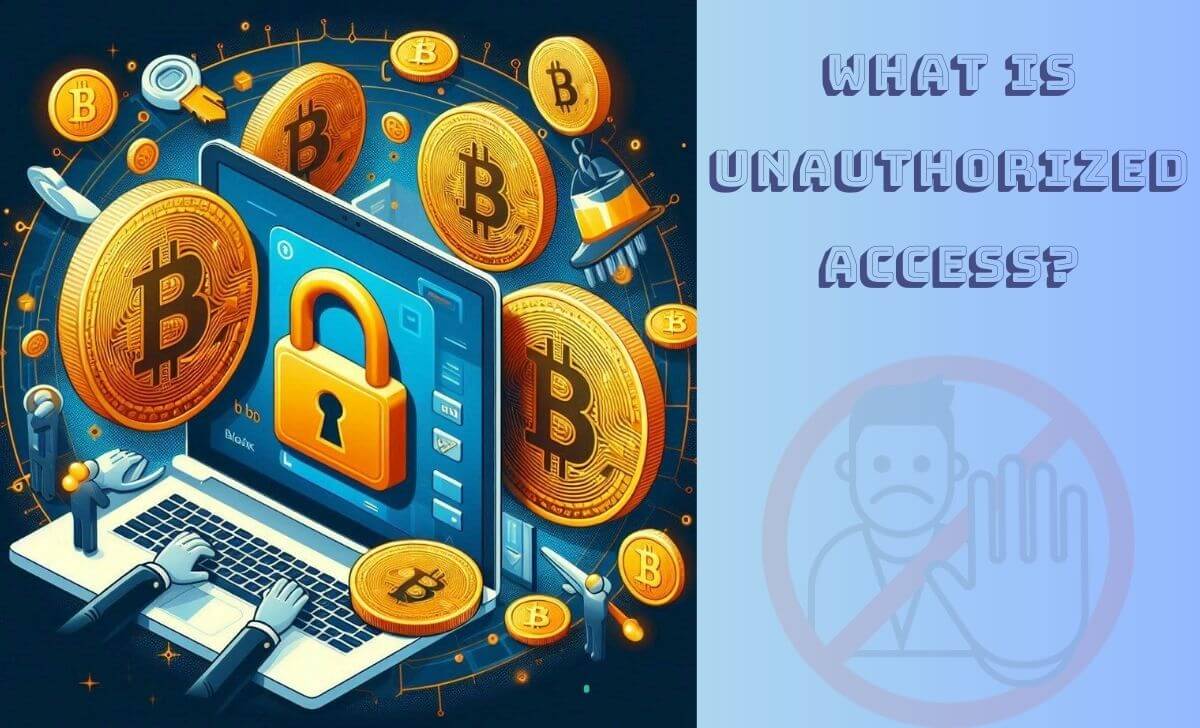
Unauthorized Access is when a person attempts to gain access to a system, website, program, server or service without proper authorization from the owner or administrator. This can happen when someone guesses a password or username until they gain access or uses other methods to break into the system.
Forms of Unauthorized Access
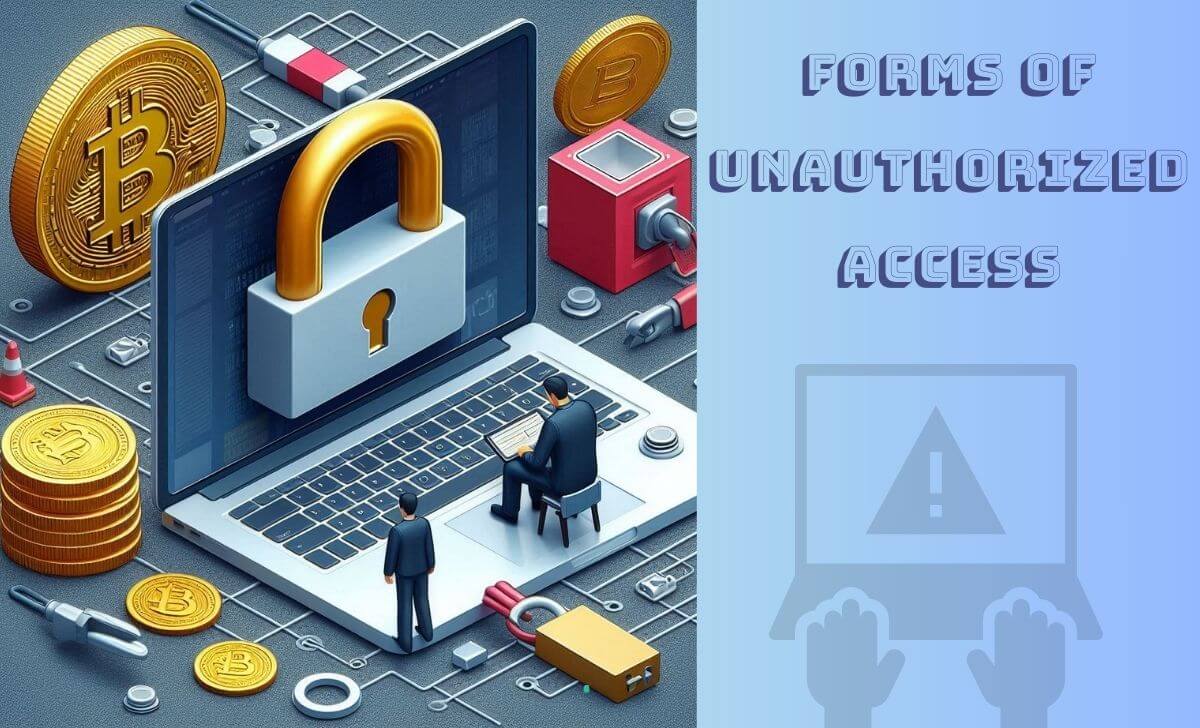
Unauthorized Access can come in many different forms, including:
- Software vulnerability exploitation: A bug in software or a system that allows an attacker to access data or control without authorization. For example, a web application with a security flaw could be exploited to access a sensitive database.
- Phishing attack: Phishing is a fraud technique where an attacker sends a fake email or text message to trick a user into revealing sensitive information such as a password or bank account number.
- Password attack: Brute force and dictionary attacks are methods that attackers use to guess passwords. In brute force, millions of passwords are tried until the correct one is found, while a dictionary attack uses a list of common or predicted passwords.
- Insider threat: An employee or business partner with legitimate access to a system could use this access to commit illegal acts, such as copying sensitive data or disrupting the system.
- Man-in-the-Middle attack: In a MitM attack, an attacker intercepts and interferes with the communication between two parties without being detected. The attacker can collect sensitive data or modify the communication information.
- Use of malware: Malicious software such as viruses, worms, or trojans can be used to take control of a system or collect sensitive information without the user’s permission. Malware is often installed through phishing links or email attachments and can work silently to steal data or damage a system.
Consequences of Unauthorized Access
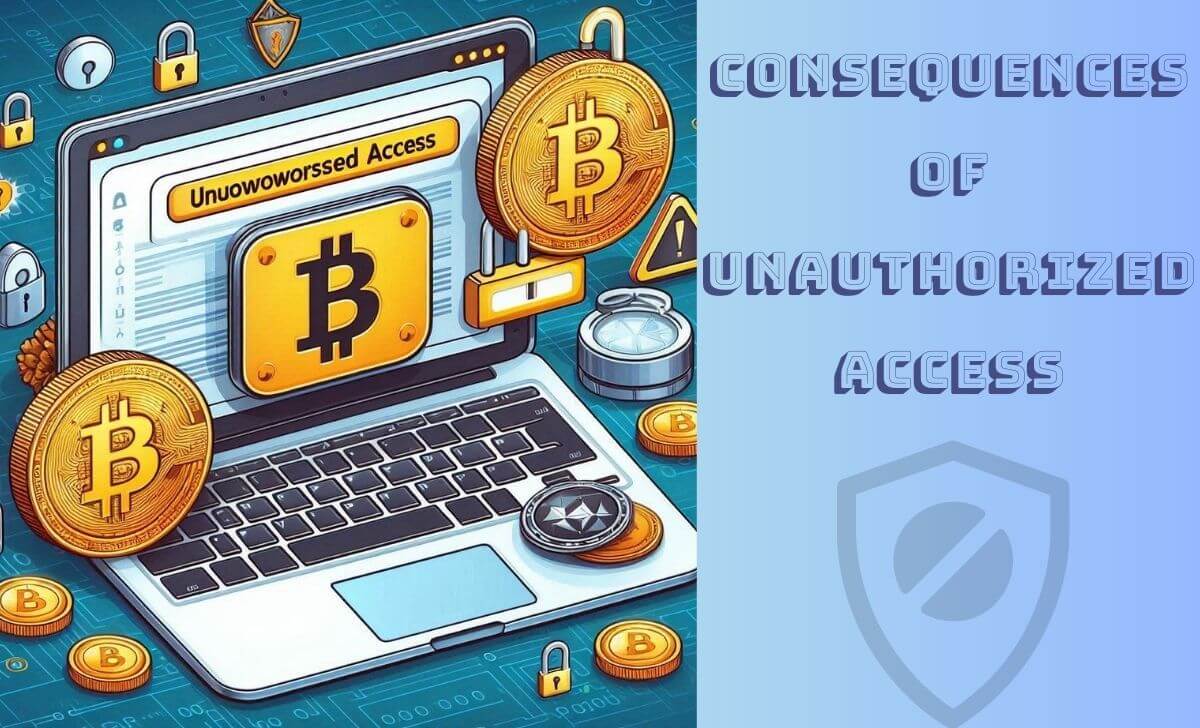
Unauthorized Access will cause many serious consequences, including:
- Data loss: One of the most serious consequences of unauthorized access is the loss of critical data. Attackers can delete, alter or steal sensitive information, leading to financial loss and loss of intellectual property.
- Reputational damage: When data is accessed without authorization, an organization or individual may face a loss of trust from customers and partners. This can lead to a decrease in revenue and difficulty maintaining customer relationships.
- Financial loss: Unauthorized access can result in high costs associated with recovering data, investigating incidents and implementing additional security measures. Furthermore, organizations may be subject to fines or lawsuits for violating data security regulations.
- Business disruption: Unauthorized intrusions can result in disruptions to an organization’s daily operations. Systems may be down or damaged, affecting work performance and service delivery.
- Legal risk: Organizations can face legal issues if customer data is breached. This includes compensation to victims and legal action under the law. A serious security breach can result in severe legal action against the affected organization.
How to prevent Unauthorized Access
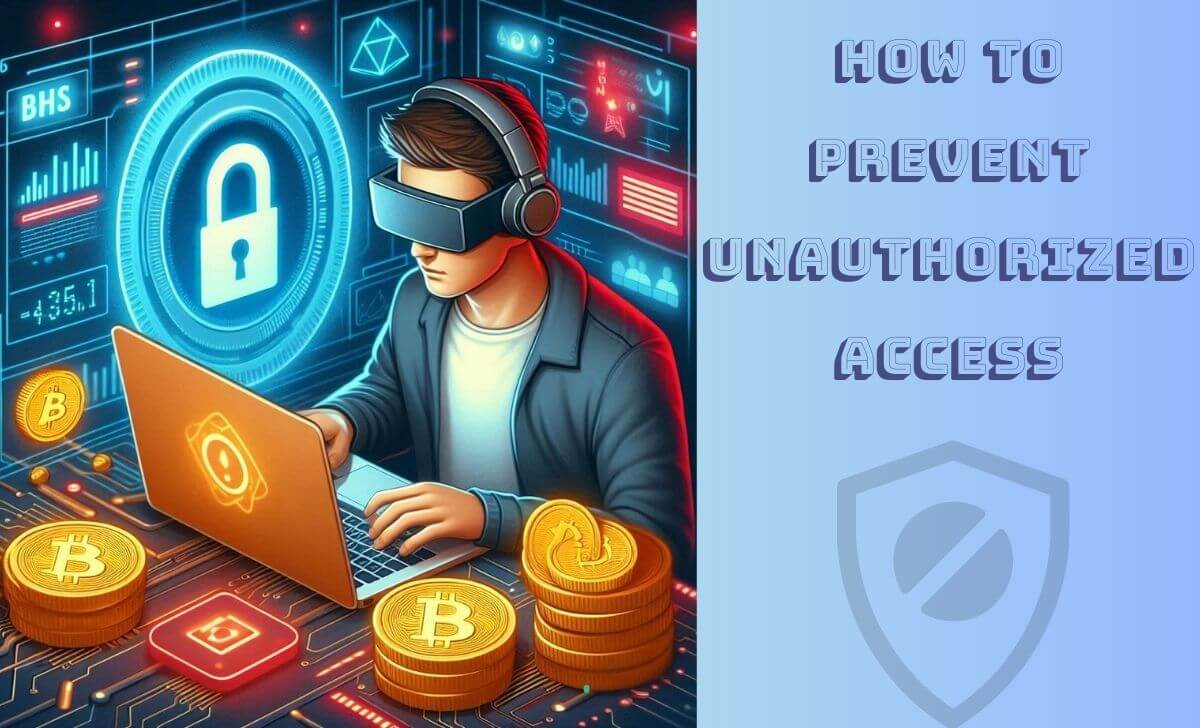
To prevent Unauthorized Access, you can take the following measures:
- Use strong passwords: Make sure your passwords are complex, including uppercase, lowercase, numbers and special characters. Avoid using easy-to-guess passwords like “123456” or “password.”
- Enable two-factor authentication (2FA): Use 2FA to add an extra layer of security. This requires users to provide an additional verification code from their phone or email after entering their password.
- Update your software regularly: Make sure your operating system, software and applications are always updated to patch security holes.
- Use a firewall: Firewalls help prevent unauthorized access to your systems from the outside.
- Educate employees: Train employees on security risks and phishing prevention methods. Employees should be taught how to recognize and respond to suspicious emails or messages.
- Intrusion detection and monitoring: Implement intrusion detection and monitoring systems to monitor network activity and detect unusual behavior. These systems can alert administrators to suspicious activity and help respond promptly.
- Access management: Ensure that access to systems and data is tightly controlled. Organizations should implement strict authorization policies, ensuring that only authorized individuals have access to sensitive information.
How unauthorized access impacts the crypto market?
Unauthorized access can have far-reaching implications for the cryptocurrency market. Cryptocurrency exchanges and blockchain platforms often contain sensitive financial information and valuable assets. When unauthorized access occurs, it can lead to the loss or theft of cryptocurrency assets, causing serious financial losses for investors and institutions.
Furthermore, security incidents involving cryptocurrencies can undermine investor confidence in the market, leading to a decline in the value of cryptocurrencies. High-profile attacks, such as exchange hacks or scams, can raise concerns about the security of cryptocurrency trading platforms.
Additionally, unauthorized access can also impact projects and smart contracts, disrupting their operations or exploiting vulnerabilities in their source code. This can’t only cause damage to the projects involved, but also affect the entire cryptocurrency ecosystem.
Conclusion
Overall, unauthorized access is not only a threat to information security, but can also impact the cryptocurrency market and the broader economy. Understanding the forms and consequences of unauthorized access, as well as preventive measures, is important to protect data and maintain market stability.

I’m Jessi Lee, currently living in Singapore. I am currently working as a trader for AZCoin company, with 5 years of experience in the cryptocurrency market, I hope to bring you useful information and knowledge about virtual currency investment.
Email: [email protected]


